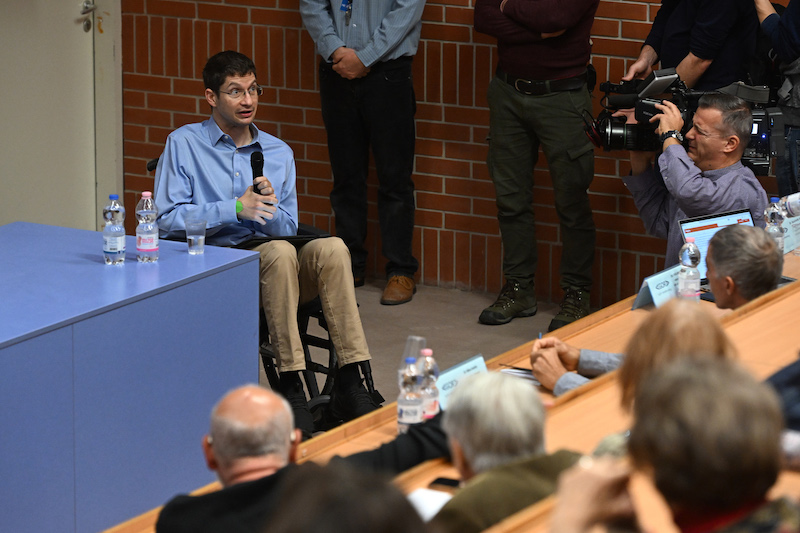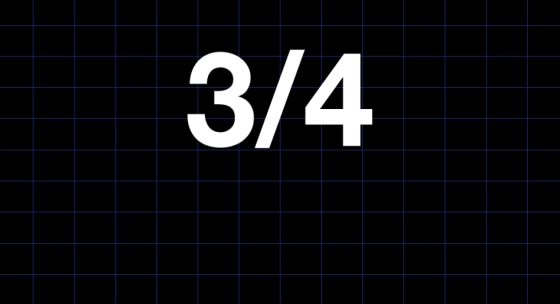“I have no idea. This is a party you can only attend once,” 46-year-old constitutional lawyer Dániel Karsai answered journalists, when they asked him about his future. A future that, in his case, will last no more than a few years, leading to total paralysis and loss of speech, while leaving his mental faculties intact, and inevitable death.
In 2022, Karsai was diagnosed with ALS, a rare genetic disease brought to the world’s attention by legendary physicist Stephen Hawking. While he may not live to Hawking’s age of 76, he is using the time he has left to fight for the right to die, or, in his own words, “To die like the trees, standing”.
Hungarian law allows terminally ill patients to refuse life-saving treatment, but this does not apply to people suffering from ALS, as there is no treatment to refuse. If he wanted to travel to Switzerland, where euthanasia is legal, to end his life, even family members driving him there could be imprisoned on their return to Hungary.
Besides, Karsai does not wish to die in a room overlooking the Swiss Alps.
“If they teach us in school: ‘here you must live and die’ [in a poem by Vörösmarty Mihály], at least let me do it with dignity”.
As one of the most successful human rights lawyers in Hungary, he has represented hundreds of clients before the European Court of Human Rights. It is a dark twist of fate that he has launched a case for his own end-of-life decision in Strasbourg.
By sitting in a wheelchair in front of the panel of judges, he did much more than plead his case: he united a country torn apart by politics. Dying – he admits – “sucks”, but nobody can avoid it. To his surprise, Hungarians rallied behind him. From doctors to priests to philosophers, many have understood that Karsai is fighting for them all.
Should his case succeed in Strasbourg, the government will be obliged to change the law, making his struggle for human rights immortal.





